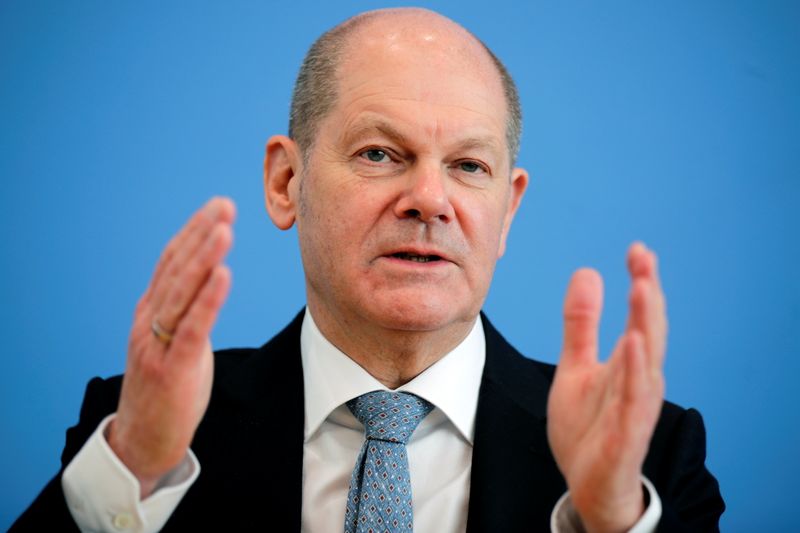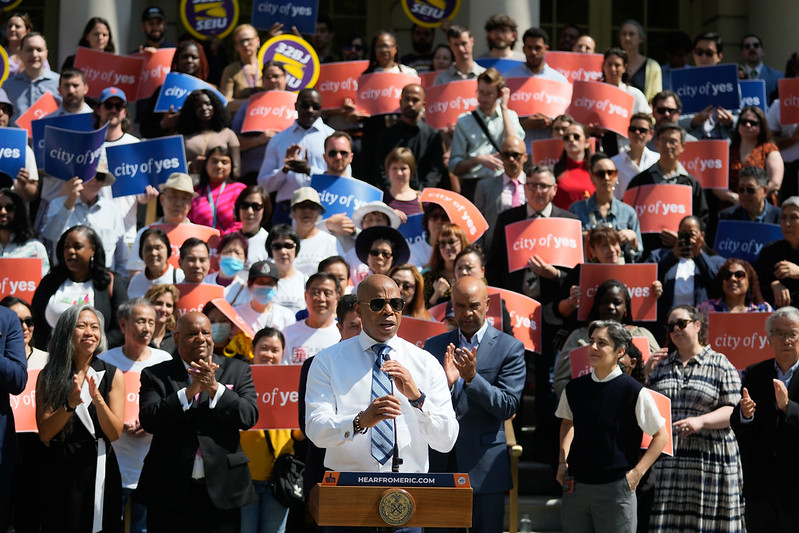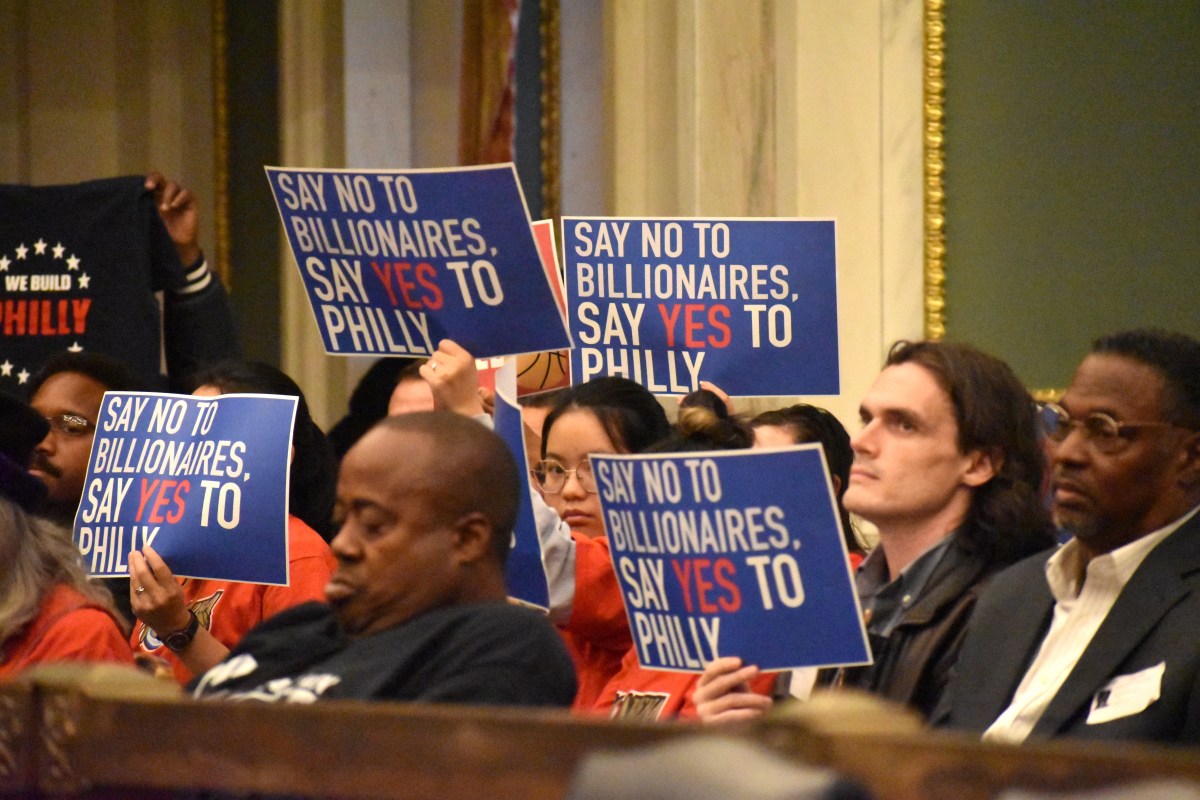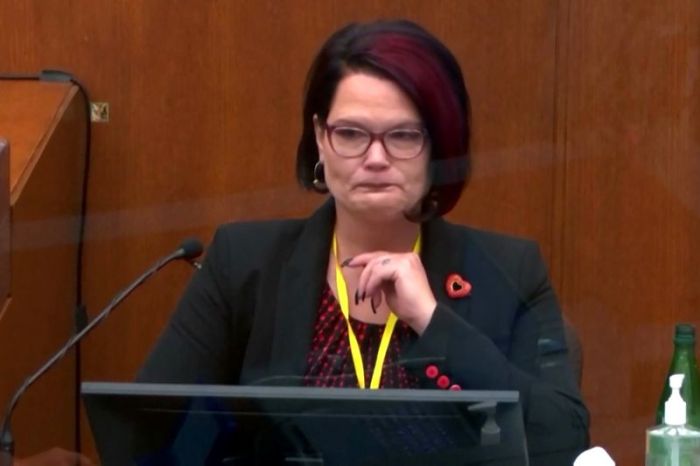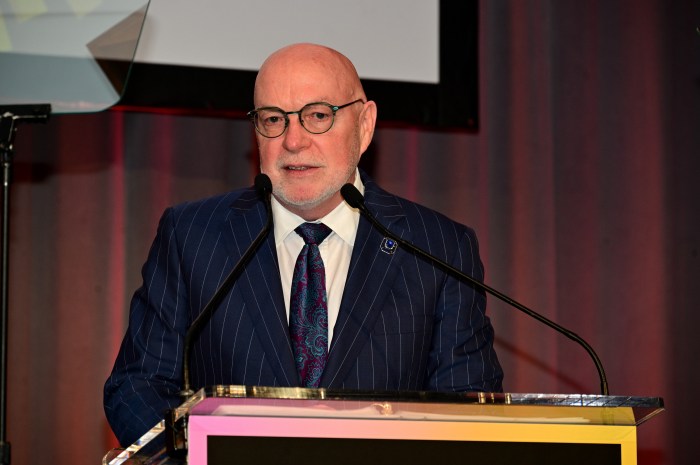By Michael Nienaber, Leigh Thomas and Padraic Halpin
BERLIN (Reuters) -Germany and France on Tuesday welcomed a promise by U.S. Treasury Secretary Janet Yellen to work on a global corporate minimum tax rate as a step towards making a landmark deal achievable, but low-tax Ireland voiced reservations.
Negotiators are racing to agree to a minimum corporate tax by midyear as part of efforts by more than 140 countries to update the rules for taxation of cross-border commerce for the first time in a generation.
The aim is to discourage multinationals from booking profits in low-tax countries regardless of where their income is earned.
Yellen confirmed she was working to agree with counterparts on a global floor on company taxes ahead of a G20 meeting this week. While she left open what rate that could be, the Biden administration wants a minimum tax on U.S. corporations of 21% no matter where they earn the income, up from 10.5% currently.
“I’m in high spirits that with this corporate taxation initiative, we’ll manage to put an end to the worldwide race to the bottom in taxation,” said German Finance Minister Olaf Scholz, a firm backer of the initiative.
He said any deal must include rules on how to tax cross-border business by digital tech giants, which is the second focus of international tax talks under way at the Organisation for Economic Cooperation and Development (OECD).
French Finance Minister Bruno Le Maire, who had clashed with former U.S. President Donald Trump’s administration over international taxation, said he welcomed Yellen’s pledge.
“A global agreement on international taxation is now within reach,” he said. “We must seize this historic opportunity.”
The proposed U.S. minimum is higher than that discussed so far at the OECD, which has been closer to 12.5% and happens to be the current Irish corporate tax rate.
It was unclear what progress G20 finance leaders may be able to make in tax discussions on Wednesday.
Communique language drafted earlier this week and seen by Reuters was inconclusive: “We will continue our cooperation for a globally fair, sustainable and modern international tax system,” G20 officials wrote, adding they remain committed to reaching consensus by mid-2021.
International Monetary Fund chief economist Gita Gopinath also said the IMF had long backed a global minimum tax, calling corporate tax avoidance “a big concern” for the global economy. [nL1N2LZ139]
TAX-CHANGE WINDS
Irish Finance Minister Paschal Donohoe voiced concerns about how a global minimum rate would affect a smaller economy such as Ireland’s, which had chosen a low-tax model to attract international investment.
But he acknowledged: “The catalysts for that change have been supercharged by the effect of the pandemic because large economies all over the world are now focused on how they can increase their tax revenue in the years ahead.”
President Joe Biden’s administration has proposed raising the U.S. corporate tax rate to 28% from 21%, so it is likely to insist that any international minimum tax rate be well above the 12.5% previously discussed.
Any OECD deal would require national governments to adjust their tax laws to conform with it, and support for Biden’s minimum tax in the U.S. Congress is far from certain. Republicans have criticized his tax proposals as putting U.S. companies at a competitive disadvantage after receiving tax cuts in 2017.
Still, a French Finance Ministry source said Yellen’s proposal would add impetus to the OECD talks.
“We think that the shift in the American administration’s position can breathe new life into negotiations with European countries with extremely low rates,” the source said on condition of anonymity.
Swedish Finance Minister Magdalena Andersson said there was “a long journey” until any deal was reached but that the Biden administration had given a positive sign of intent.
“This shows that the United States is interested in being a global player again and being part of the global discussion on important questions,” Andersson said.
(Reporting by Michael Nienaber in Berlin, Leigh Thomas in Paris, Padraic Halpin in Dublin, Simon Johnson in Sweden and Andrea Shalal and David Lawder in Washington; Writing by Mark John; Editing by Barbara Lewis and Peter Cooney)

